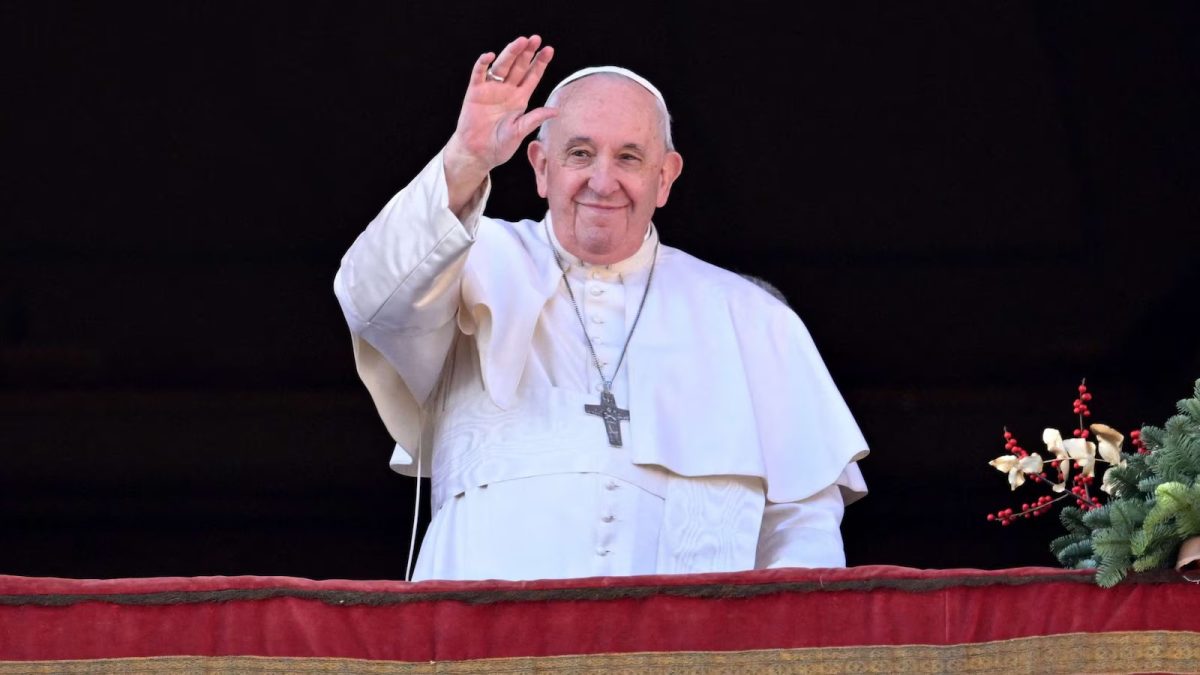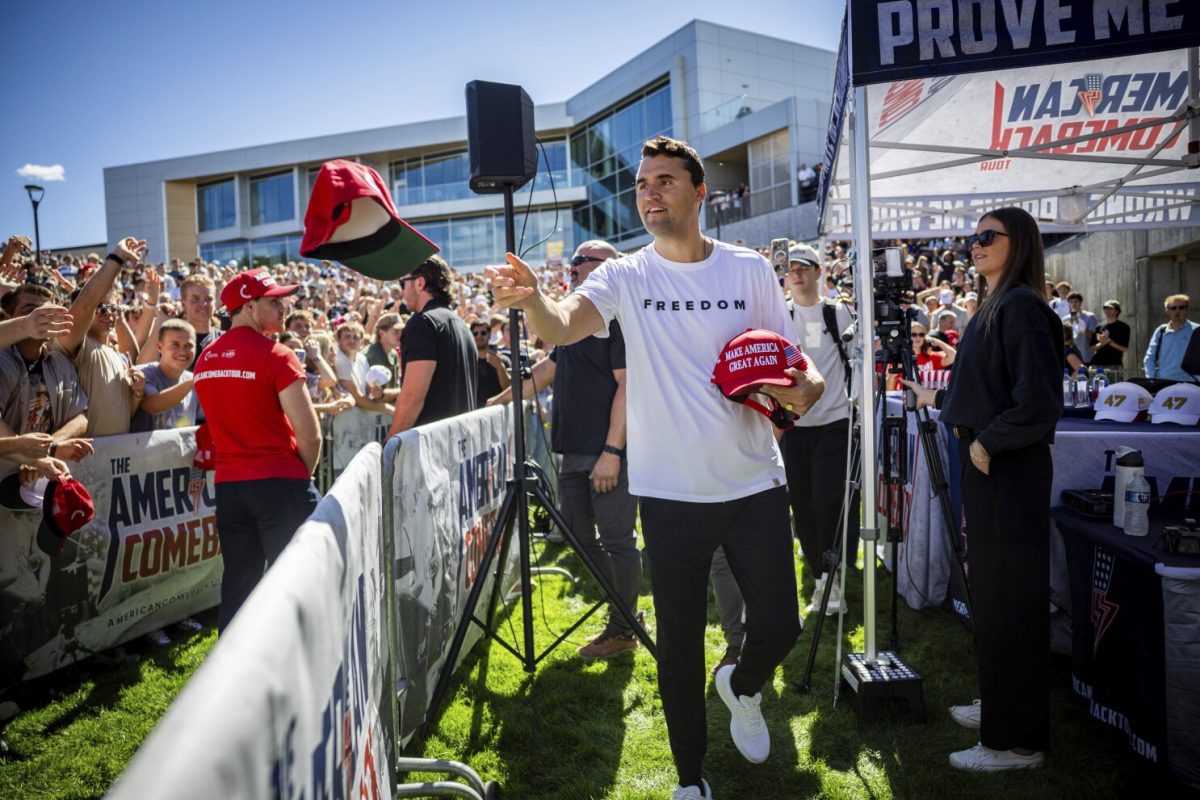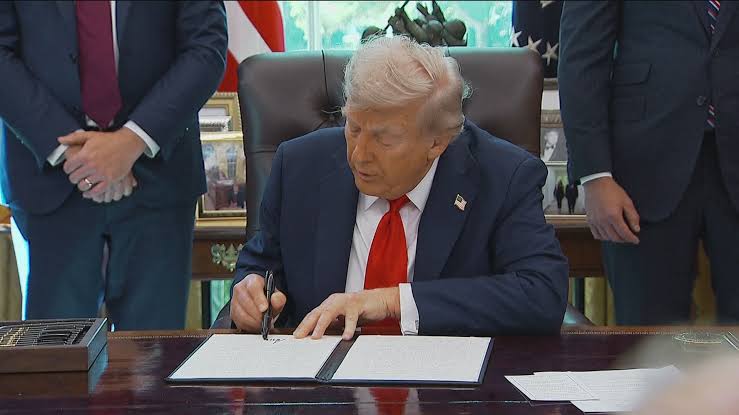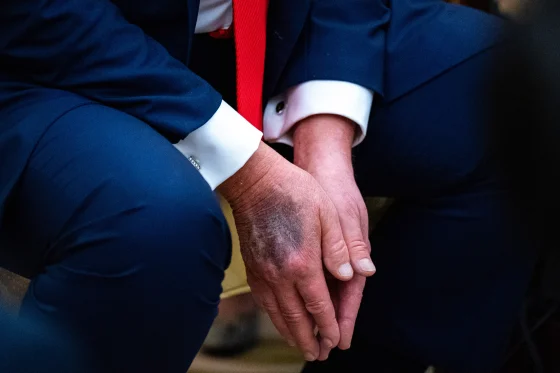Pope Francis, who led the Roman Catholic Church with humility, compassion and a global sense of responsibility, leaves behind a legacy that reaches far beyond religious boundaries.
Elected in 2013, he was the first pope from the Americas and the first Jesuit to serve in the role. From even his earliest days, Pope Francis chose a path shaped not by tradition alone, but by connection. His decision to live in a modest guesthouse rather than the Apostolic Palace became one of many quiet acts that defined his leadership—simple, intentional and people-centered.
Throughout his papacy, he consistently emphasized care for the poor, the sick and the marginalized. His focus on real-world issues, such as climate change, inequality and displacement, helped bring global conversations into spaces of faith. In 2015, his encyclical Laudato Si’ called to the world the importance of protecting the environment and considering the moral weight of ecological harm, influencing important conversations across scientific and political communities.
Pope Francis also became a figure of approachability in a role often seen as distant. He washed the feet of prisoners, greeted crowds with genuine warmth and chose to speak with honesty over formality. His leadership style resonated with young adults and students from all over the world who often seek guidance rooted in action, not just words.
He reminded people that faith and doubt could coexist and that the journey toward finding meaning did not need to be perfect to be valuable. His message was never about having all the answers—it was about staying open, showing up and being kind.
While his time as pope was not without debate or tension, he remained grounded in the belief that human dignity matters above all. Whether meeting with world leaders or visiting shelters, he led with the same conviction: every person is worthy of care.
As the world reflects on his passing, Pope Francis is remembered not only as a religious leader, but also as a voice of empathy in a world that can be cruel. His legacy is not just found in doctrines or speeches; it lives in acts of compassion and in the hearts of those who felt acknowledged because of them.
He reminded us that sometimes the most powerful kind of leadership is simply choosing to care.









